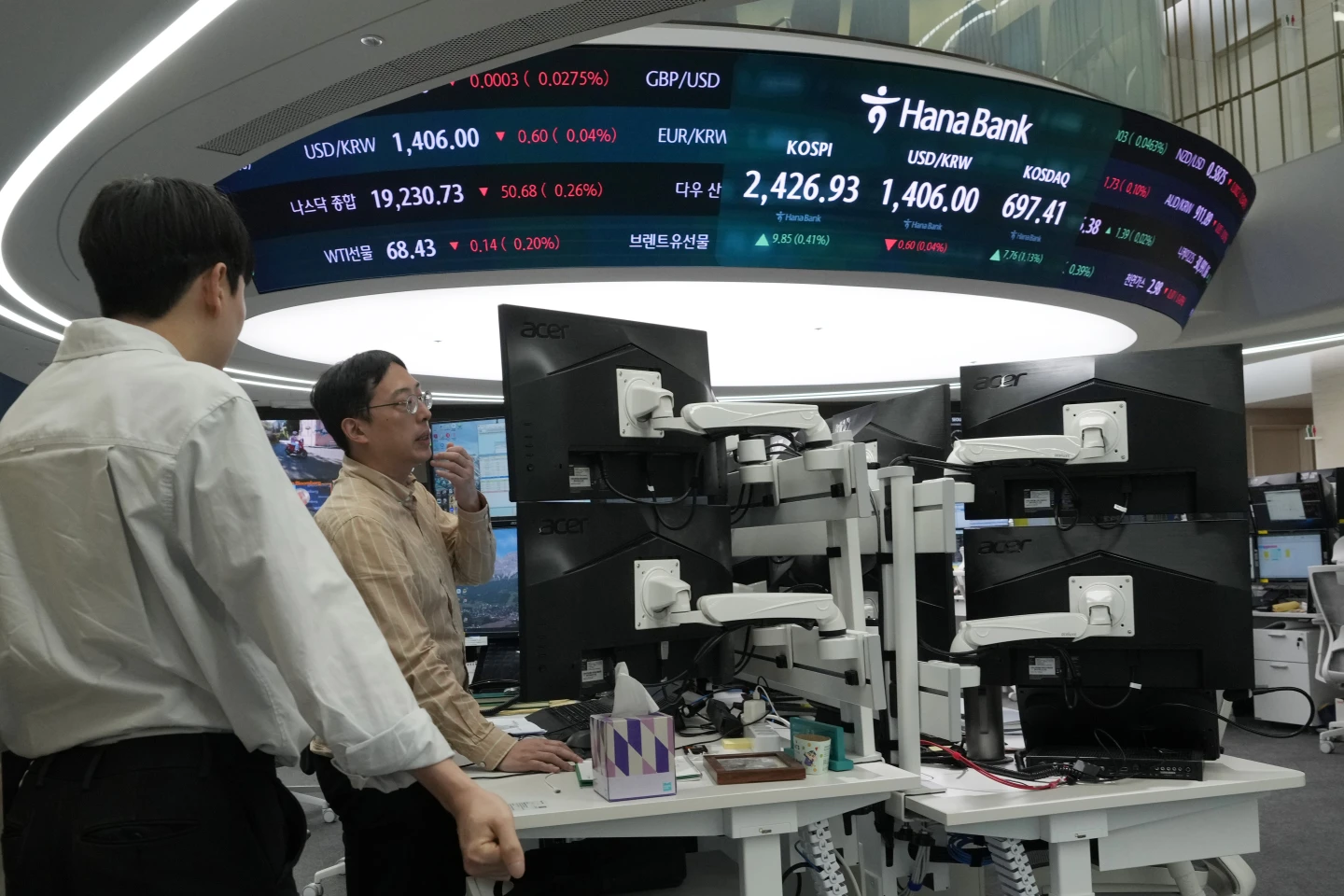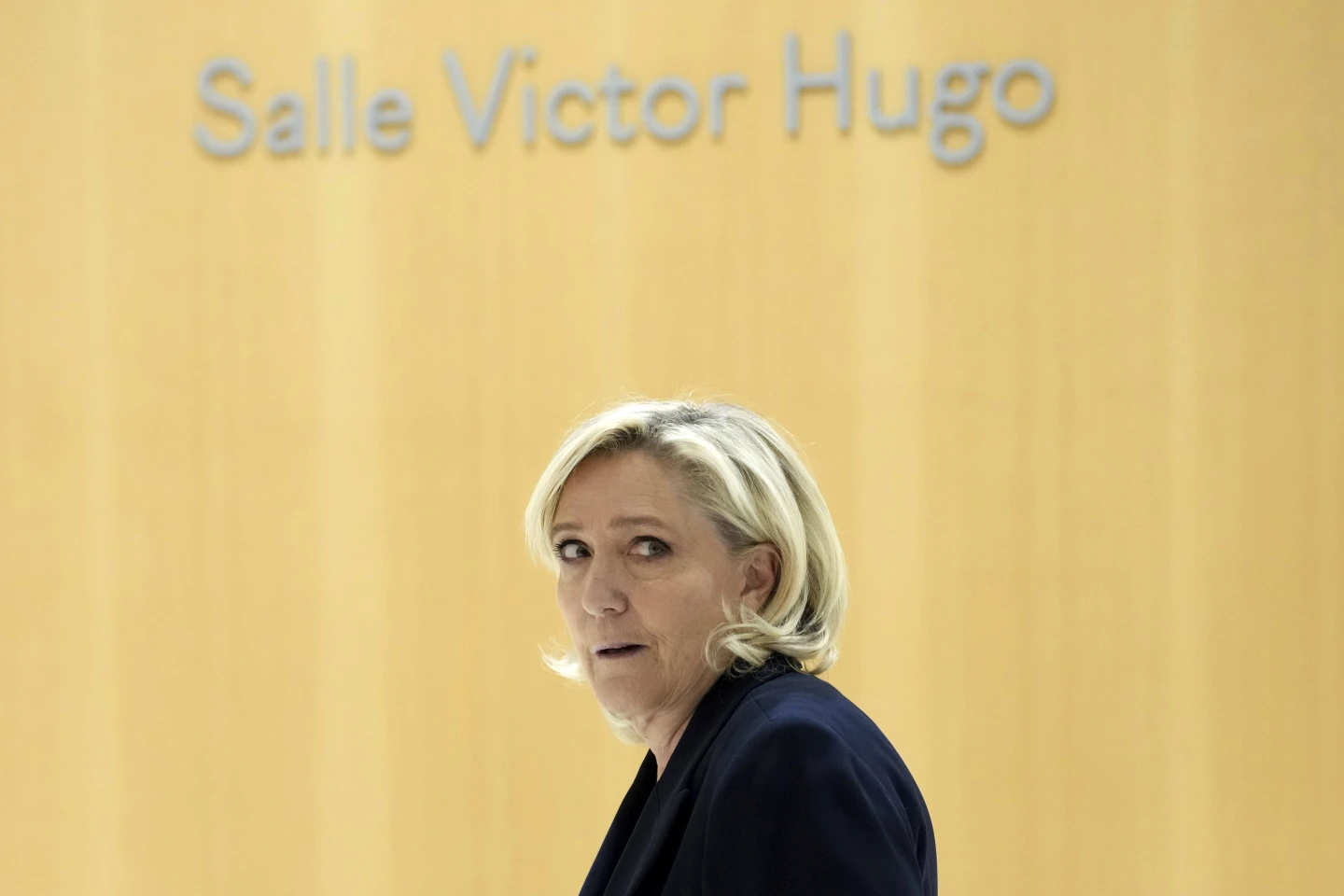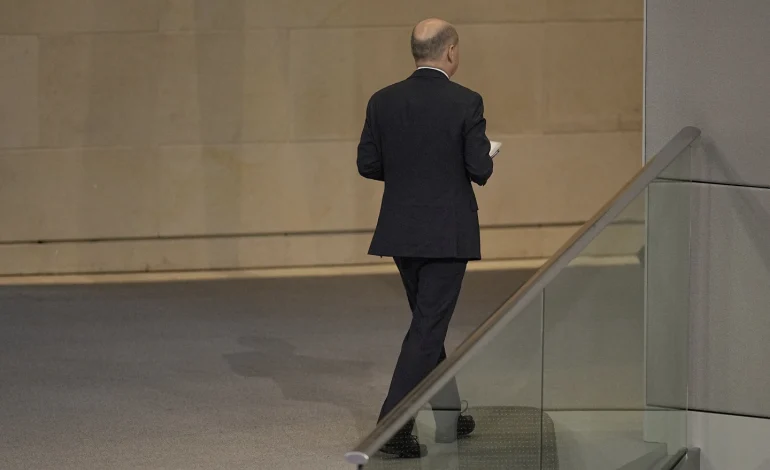Germany’s political landscape is in turmoil after Chancellor Olaf Scholz announced he will seek a vote of confidence in December, triggering a path towards an early election in February, The Associated Press reports.
This move comes after the collapse of his three-party coalition government last week, a development that has sent shockwaves through Europe’s largest economy.
The coalition, formed in 2021, comprised the center-left Social Democrats, the environmentalist Greens, and the pro-business Free Democrats. Despite some achievements, including averting an energy crisis and modernizing the military, the coalition was plagued by internal disputes and infighting.
The final straw came when Scholz fired Finance Minister Christian Lindner of the Free Democrats following disagreements over economic revival strategies.
Economic Challenges and Political Divisions
Germany’s economy has been contracting for two years, facing headwinds from the COVID-19 pandemic, the war in Ukraine, and growing competition from China. The coalition struggled to find common ground on crucial issues like tax increases, government spending, and welfare programs. The Free Democrats resisted tax hikes and insisted on maintaining strict debt limits, while the Social Democrats and Greens favored increased state investment and opposed cuts to welfare programs.
Adding to the economic uncertainty, Donald Trump’s potential return to the White House has raised concerns about potential trade wars with the EU. Trump’s threats of tariffs on European goods could severely impact German exports, further straining the economy.
The Road to the Election
Scholz has requested a vote of confidence on December 11th, with the vote scheduled for December 16th. Until then, a minority government led by the Social Democrats and Greens will govern.
Scholz is widely expected to lose the vote of confidence, triggering a new parliamentary election on February 23rd. President Frank-Walter Steinmeier will then dissolve parliament, setting the stage for campaigning.
Contenders for Chancellor
Scholz has expressed his intention to run for chancellor again, but he faces internal opposition within his party. Some Social Democrats have called for current Defense Minister Boris Pistorius, a popular figure, to be nominated instead.
Friedrich Merz, leader of the opposition Christian Democrats, has already been officially nominated as his party’s candidate. The Christian Democrats are currently leading the polls, making Merz a strong contender for chancellor.
Robert Habeck, the current economy minister and vice-chancellor, will be the Greens’ candidate. However, the party has experienced declining popularity in recent elections.
The far-right Alternative for Germany (AfD) has announced that party leader Alice Weidel will be their candidate. The AfD has gained significant ground in recent state elections, fueled by anti-immigration sentiment and dissatisfaction with the national government.
Potential Rise of the Far Right
The AfD is expected to perform strongly in the upcoming election, potentially benefiting from public dissatisfaction with the coalition’s infighting and broader concerns about immigration and Germany’s support for Ukraine. The party has already achieved significant success in eastern Germany, where it has captured a strong base of support.









